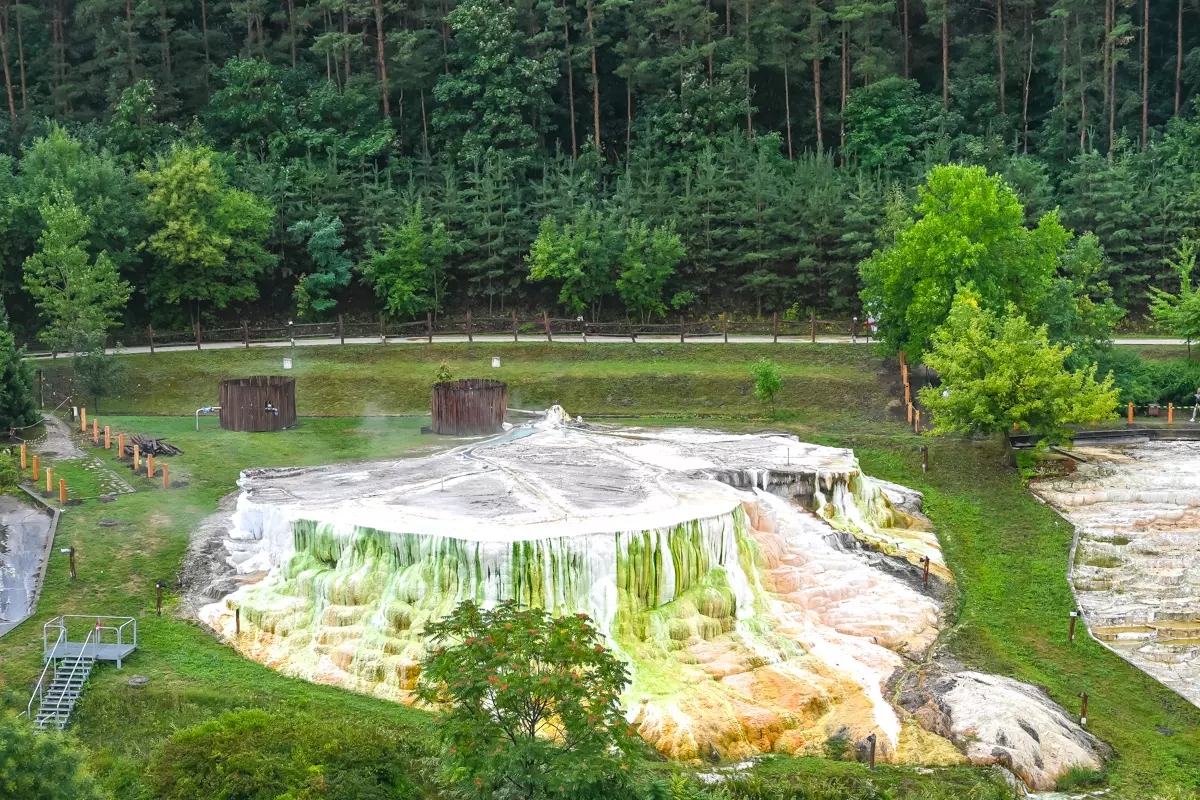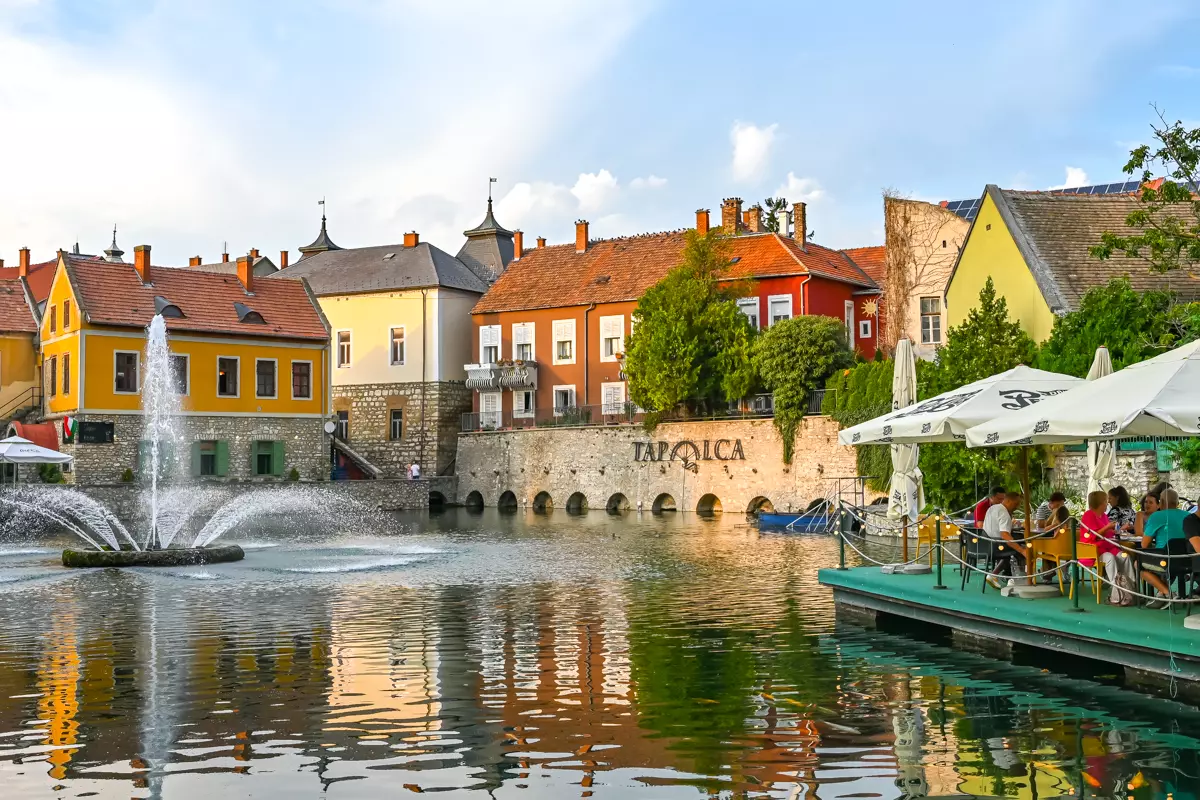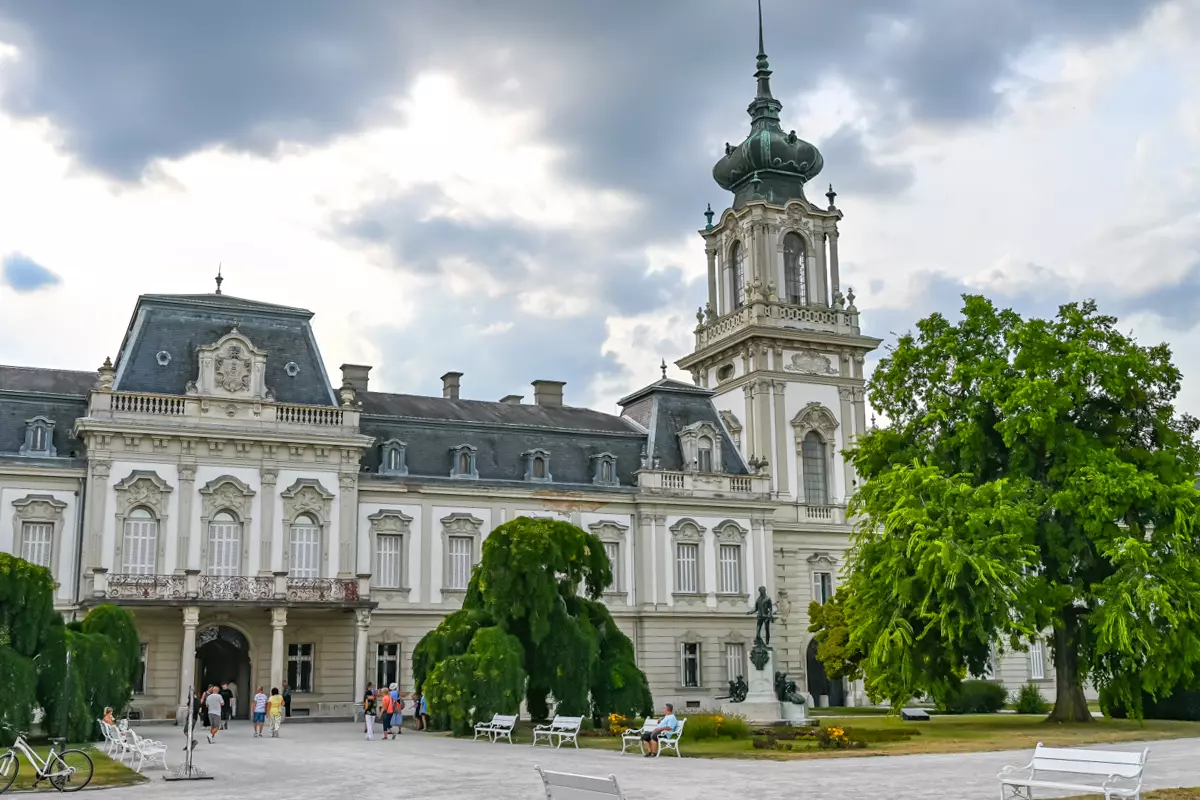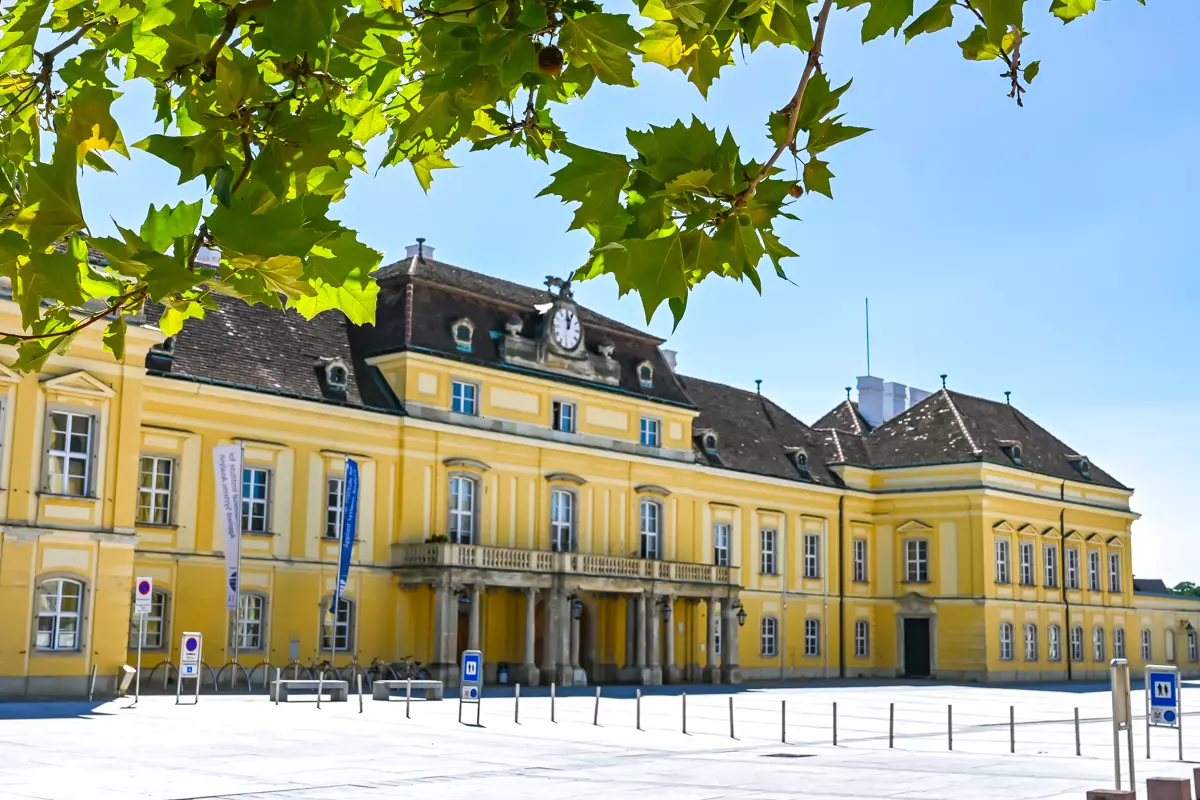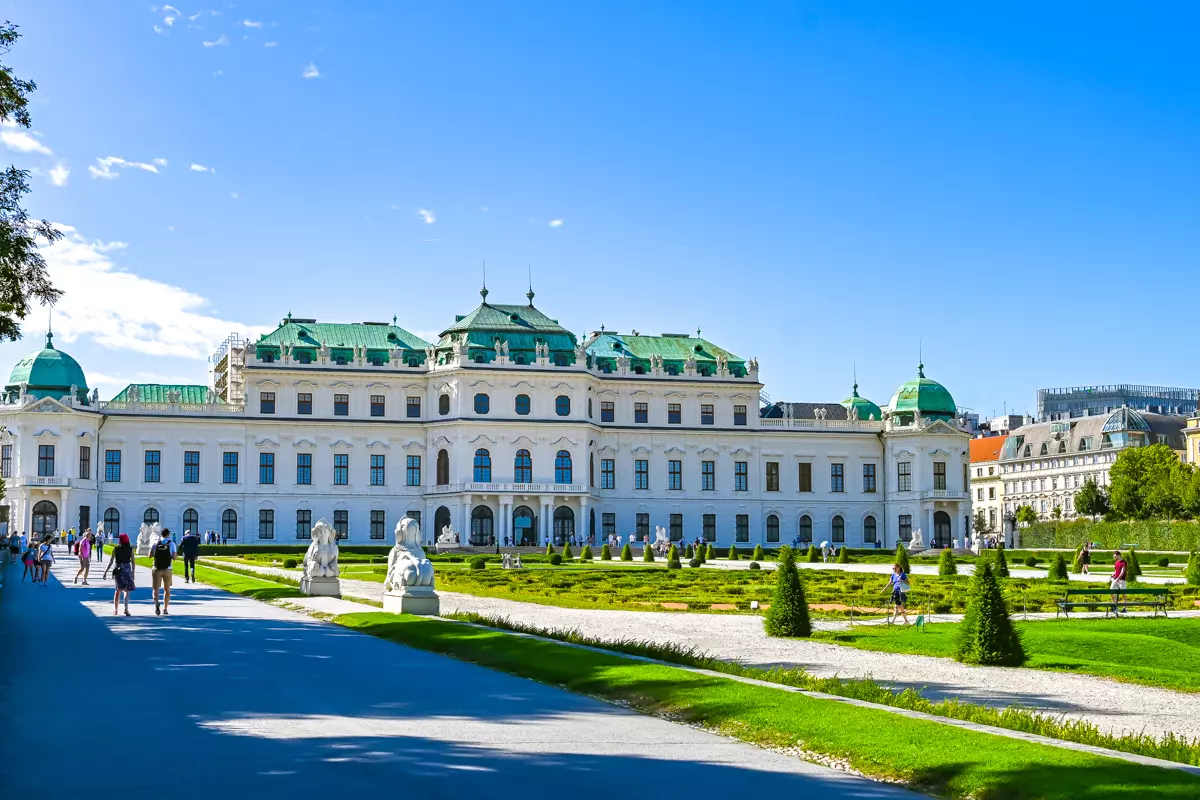Hungary
Hungary is a fascinating country in Central Europe, known for its elegant architecture, vibrant spirit, and deep cultural roots. In Budapest, the Danube divides Buda’s historic hills from Pest’s lively boulevards, blending grand monuments with everyday charm. Beyond the capital, travelers discover Hollókő’s living traditions, the vast Great Plain, and the peaceful shores of Lake Balaton. Hungary brings together folk heritage and modern creativity through its music, art, and cuisine. From steaming thermal baths and ornate cafes to vineyards and countryside festivals. It’s a land where old and new meet in perfect harmony, welcoming every visitor with warmth and character.

Average Temperature
Hungary has a temperate continental climate with warm summers and cold winters. From June to August, average daytime temperatures in Budapest are around 26 °C (79 °F), with typical highs near 28 °C (82 °F) and lows around 16 °C (61 °F). Southern and lowland areas can be hotter during heatwaves, sometimes reaching 32–35 °C (90–95 °F). Around Lake Balaton, the air feels slightly cooler due to the lake breeze.
Winter lasts from December to February. Average daytime temperatures range from 1 °C to 4 °C (34–39 °F), while nights commonly fall just below freezing, to about –1 °C or –2 °C (28–30 °F). Snow is occasional, more frequent in the northern hills, while rain is fairly evenly spread throughout the year. Late spring and early summer often bring short thunderstorms.
Hungary shows clear seasonal contrasts — hot, bright summers and cold, calm winters. Each season brings a different mood, whether you visit the cities, the lake, or the countryside.




